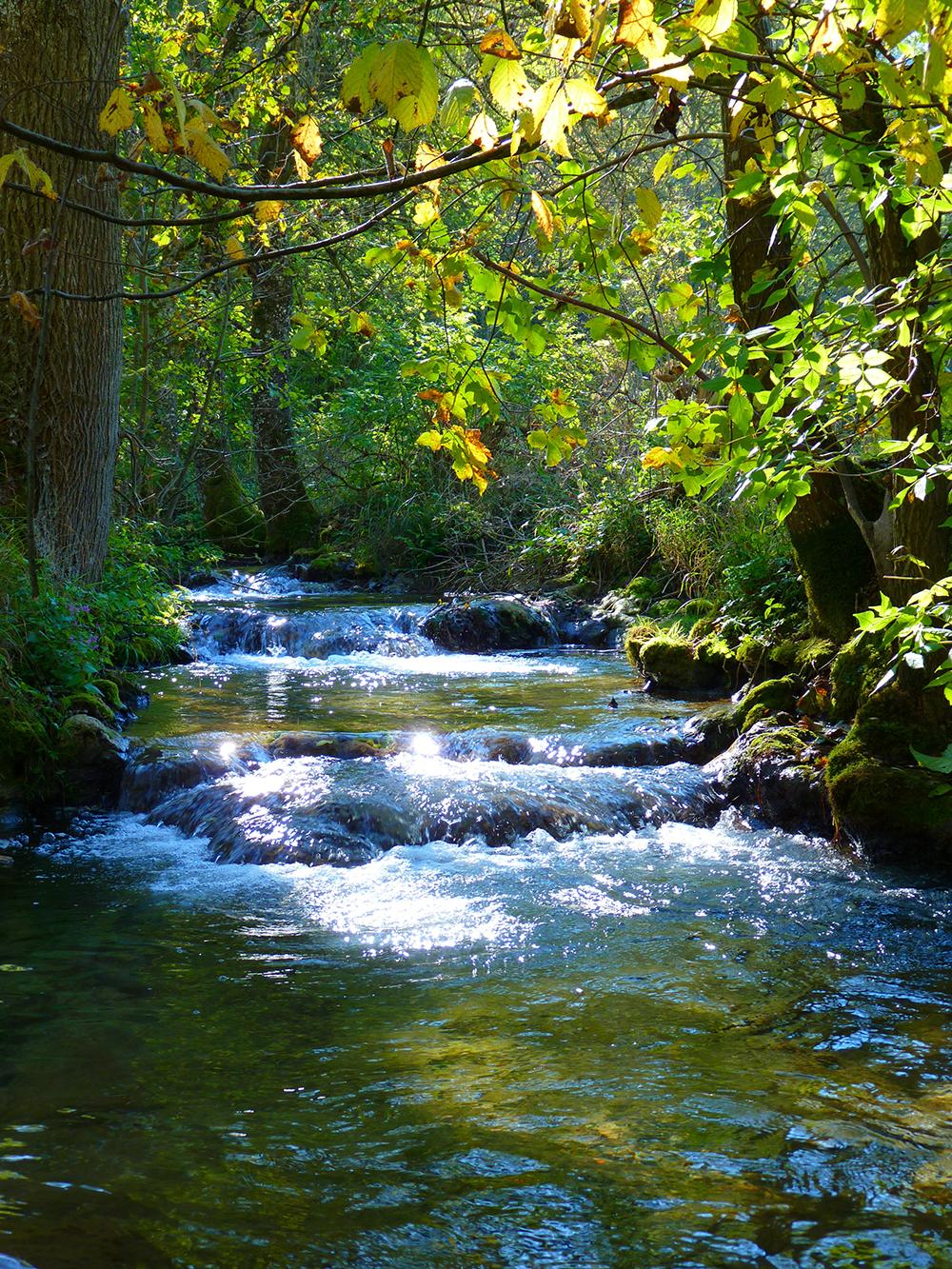
The Paradox of the Commons
There exists a paradox that is both complex and intertwined with our daily lives. It is the paradox of the commons, which refers to the shared resources that are open to everyone, yet must be preserved and protected for future generations. This paradox has existed since the dawn of civilization, but it has become increasingly pressing in our modern world. As populations grow and resources become scarcer, the question of how to protect the commons has become more urgent than ever before.
What is the Commons?
The commons can be defined as those resources that are owned and used by the community as a whole, rather than by individuals or private entities. These resources may include land, water, air, wildlife, and other natural resources. The concept of the commons has long been associated with the idea of the public good, as it provides benefits to all members of a community, regardless of their socioeconomic status.
The Tragedy of Overuse
The tragedy of the commons occurs when these shared resources are overused, leading to depletion and degradation. This can happen when individuals or groups act in their own self-interest, without considering the long-term consequences of their actions. For example, fishermen may overfish a particular area, leading to a decline in fish populations, or farmers may overgraze a common pasture, leading to soil erosion and loss of fertility.
Defining Ownership
One of the challenges of preserving the commons is defining ownership. Unlike private property, which is clearly owned by individuals or corporations, the commons is owned by everyone and no one at the same time. This makes it difficult to establish clear rules and regulations for its use. It also means that individuals may not have a personal stake in protecting the commons, as they do not own it outright.
Collective Action Problem
Another challenge of the commons is the collective action problem. This occurs when individuals or groups act in their own self-interest, rather than the interest of the community as a whole. This can lead to a tragedy of the commons, as each individual pursues their own short-term gain, without considering the long-term consequences for everyone. To overcome this problem, collective action is necessary, which requires individuals to work together to achieve a common goal.
Sustainable Solutions
To preserve the commons, sustainable solutions are needed. This requires balancing the needs of individuals with the needs of the community as a whole. For example, regulations may be put in place to limit the use of certain resources, or incentives may be provided to encourage individuals to act in ways that benefit the community. Sustainable solutions also require a long-term perspective, as the health of the commons must be preserved for future generations.
Balancing Individual vs. Community
Finding the right balance between individual and community interests is essential to preserving the commons. On the one hand, individuals have a right to use and benefit from shared resources. On the other hand, the community as a whole has a responsibility to ensure that these resources are not depleted or degraded. Balancing these competing interests requires compromise and cooperation, as well as a willingness to consider the long-term consequences of our actions.
Preserving the Commons
In conclusion, the paradox of the commons is a complex and pressing issue that requires our attention and action. To preserve the commons, we must define ownership, overcome the collective action problem, and find sustainable solutions. We must also balance individual and community interests, and consider the long-term consequences of our actions. By working together, we can ensure that the commons remains a vital and thriving resource for future generations.
